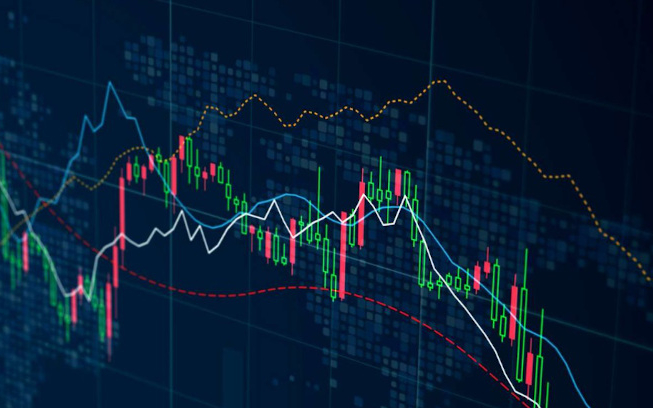
The Future of the MT4 Trading Platform in Financial Markets
The mt4 trading platform has long been a staple in the financial markets, especially among forex traders. Known for its user-friendly interface, advanced charting capability, and customizable tools, MT4 has earned the trust of millions of users worldwide. But as technology swiftly evolves and traders demand more, many are questioning the platform’s future in the highly competitive financial environment. Will MT4 maintain its status as a key player, or will updates and emerging platforms overshadow it?
Why MT4 Remains a Popular Choice
Despite being around since 2005, MT4 has consistently maintained its relevance. Why? Because it focuses on delivering what traders need most. The platform supports a wide range of trading instruments, offers flexible order types, and allows for highly customizable trading strategies via Expert Advisors (EAs). Furthermore, MT4 provides built-in indicators and advanced analytics that cater to both beginner and professional traders alike.
Recent data highlights MT4’s enduring popularity, with over 50% of retail forex trades globally still executed on the platform. Its reliability, combined with a wealth of online tutorials and community support, fosters a loyal user base. However, as demands for more sophisticated features and AI-driven tools grow, staying relevant becomes a challenge.
Challenges MT4 Faces in a Rapidly Changing Market
While MT4 remains a strong contender, several challenges could limit its growth moving forward.
1. Technological Advancement
Today’s traders increasingly expect innovative features like AI-driven analytics, integrated social trading, and cloud-based solutions. MT4’s traditional architecture, while reliable, lacks some of the advanced features newer platforms boast.
2. Regulatory Shifts
Regulatory authorities worldwide are updating their frameworks, enforcing stricter compliance for brokers. Adapting newer regulations into MT4’s existing structure could limit its flexibility, compared to modern trading platforms that cater to evolving standards.
3. Emergence of Competitors
Platforms with cutting-edge features, such as multi-asset compatibility and built-in machine learning tools, are starting to attract traders. Competitors leveraging real-time data analysis and offering seamless mobile integration could lure users away from MT4.
Opportunities for MT4’s Evolution
Despite the challenges, the future still holds immense potential for MT4 if the right steps are taken. To remain relevant, MT4 developers may consider the following strategies:
• Integration of AI and Data-Driven Tools: Incorporating artificial intelligence and big data solutions into the platform could allow MT4 to compete with more advanced competitors. Real-time market insights and predictive models would elevate the user experience.
• Mobile Trading Enhancements: With over 54% of total internet usage now coming from mobile devices, optimizing MT4’s mobile app with features rivaling desktop platforms could attract millennial and Gen Z traders.
• Broader Financial Instruments: Expanding its capabilities to support a wider range of asset classes, such as cryptocurrencies or decentralized finance (DeFi) assets, could tap into emerging market trends.
What Lies Ahead
MT4 may face growing competition, but its legacy of reliability, security, and user focus grants it a unique advantage. Traders across the globe trust the platform to deliver seamless execution and consistent results. However, maintaining its position will require adopting innovations that cater to modern demands.
While it’s undeniable that the financial market landscape is evolving, MT4 has the structure and reputation to adapt, provided it embraces strategic upgrades. What’s next for this iconic platform? The answer could shape how traders and brokers engage with financial markets for years to come.
Proudly powered by WordPress. Theme by Infigo Software.